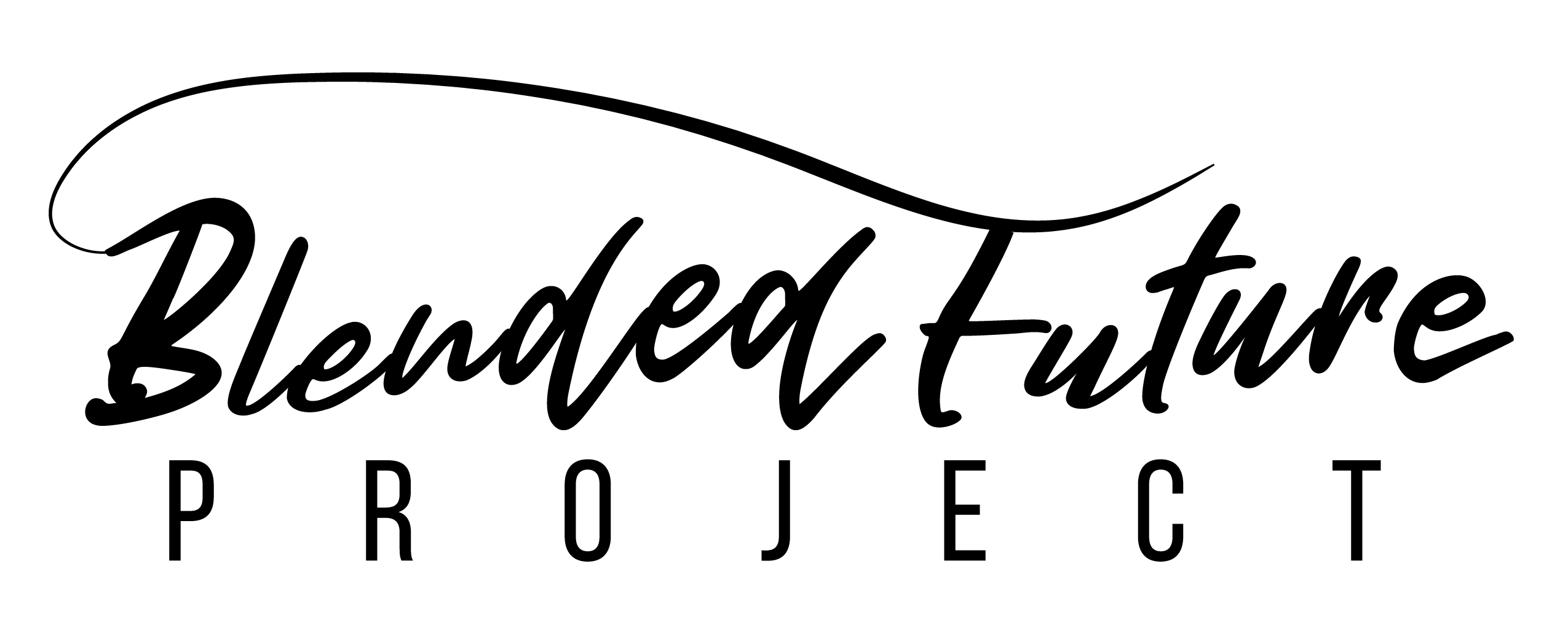I am from South Carolina, and I am actually adopted from two people who are white. I am biracial with black and white – my birth mom was white and my birth dad was black. I haven’t had the pleasure to meet my parents. The town I grew up in South Carolina was a stereotypical Southern town for the United States. So I had lots of white friends.
Not necessarily a lot of friends who were black. Because my parents were white, they didn’t have a lot of exposure to black culture and didn’t know how to integrate me as a child, someone who is biracial, to that culture. I love them and also never saw myself as an outsider through any of my friendships.
However when I tried to reach out and connect with my black community, when I was in fifth grade, we were shut out. I heard that I wasn’t black enough, and it wasn’t until later in middle school where I connected with a guy named Tracy, who is black. I connected his family who started having meals at our house. I went to a lot of church services and things like that, where I really started to learn that I was both races. Something I struggled with as a child being raised by white people, and only seeing that around me, I thought I was white for a very long time.
I really just I saw my parents and I aspired to be like them. I think many kids do. So I think a lot of my choices as a kid were from that community. I wanted to be accepted. I think that’s fairly common between all people. I hate being an outcast and rejected, so I try my best. It wasn’t until my college days when I left that small town when I just got to grow and mature.

College is an incredible opportunity. You meet so many people from different backgrounds, different countries. I love life and I’ve now become so confident in who I am. So the conversations with my parents are a little bit easier.
My dad is in law enforcement. Sso he does share quite a unique perspective. He doesn’t understand the system and the impact that it can have. Which hurts me because that is the part that we’re seeing now. I would get off tickets with warnings. I haven’t had to go through the system due to that privilege. It is very scary world where I’m not protected by my father. However, I’m disgusted that it’s not fair treatment and I have experienced that. But I think it just goes to show how the system can be.
My dad is really educating his law enforcement officers. Making sure that black people have a voice and are involved in the conversations of how they are training their officers. How those officers are going about the community, how they are interacting with people on the streets, and the people that they select to interact with. Officers in school systems, where the kids face the challenges coming from backgrounds where you go home and you see police officers all the time because you may have walked by a shooting seven weeks ago. Then they go to the school and they see the same people with that intimidation factor. And they’re really just there to learn and that’s a safe place in the school.

Growing up, I have heard people take scripture and religion and use it against my existence. Saying that “blackbirds and bluebirds shouldn’t mix”. So that is something I really struggled with growing up and still to this day. People still give me looks in public in 2020, and I guess I don’t understand.
I think a keyword that is going around right now is:
The intersectionality of identity.
Love is love and it doesn’t matter what race or gender. People have a voice and they have experiences, just as everyone else. We would like to see more black people in positions of power. We’d like to see more women in positions of power. We’d like to see more gay people and bisexuals in positions of power. I’d also like to see more people with disabilities at the table.
People may look different. But I think we have to understand everyone comes from different backgrounds.
We have to be accepting about it all now.





No Comments